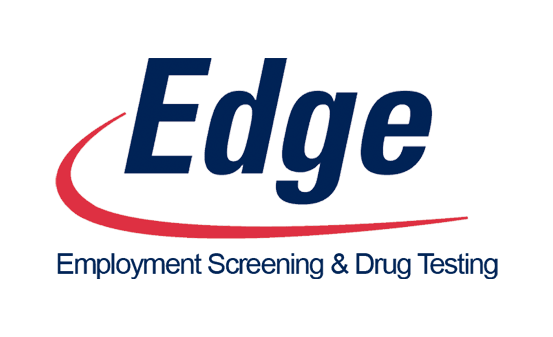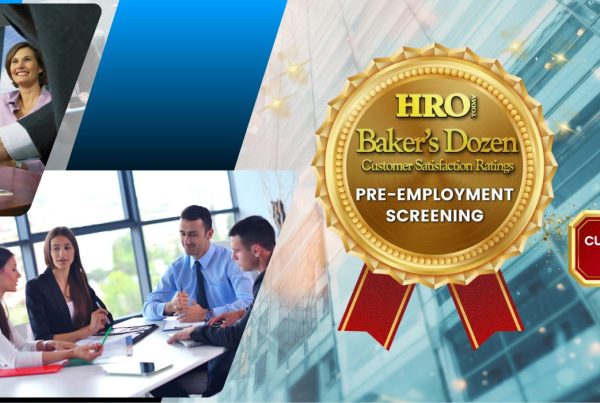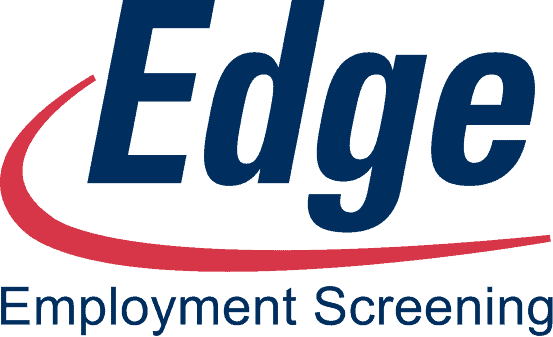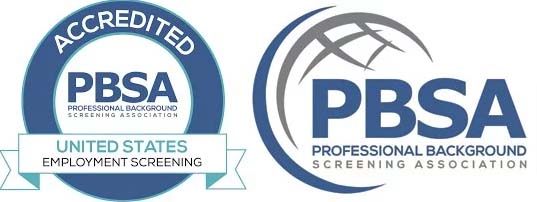Background checks are vital in several scenarios, such as hiring an employee, renting out a facility, applying for a loan, adopting a child, taking care of children, and many others. These ensure safety, security, and authenticity. This article will present the most common types of background checks in Florida, the challenges and limitations of pre-employment background checks, and their importance in hiring decisions.
Importance of Background Checks in Florida
Florida is one state that values background verifications. A case in point is that it is second to California in the number of background check service providers. While California has 642, Florida has 501. Florida companies and businessmen understand that background checks provide safety, security, and trustworthiness.
Types of Background Checks
In Florida, there are two main types of background checks.
Level 1 Background Check
This is a name-based, state-only check. It usually includes employment history, criminal records, and the sex offender registry. It may also involve a credit check. This depends on the provider and specific verifications requested.
Level 2 Background Check
This is a more comprehensive check. It is a fingerprint-based, state and national check. It includes a Level 1 background check plus a fingerprint check. The fingerprint check is through the Florida Department of Law Enforcement (FDLE) for Florida criminal history and the Federal Bureau of Investigation (FBI) for nationwide criminal history. Employers request this for certain professions.
Other Specific Background Checks
Depending on their company and industry, a requester chooses between Level 1 and Level 2 background checks. These checks include criminal, employment, and credit history checks. However, they may add other background verifications upon the providers’ guidance. Here are other possible checks to add:
-
Education Verification
Employers and licensing boards are the ones interested in this. This check reviews a candidate’s academic qualifications.
-
Credit Check
Credit checks go through the person’s credit history, credit score, outstanding debts, and bankruptcies.
-
Driving Record Check
Employers hiring for driving positions and insurance companies usually request this. They want a candidate’s or client’s driving history reviewed, including traffic violations, DUIs, and license status.
-
Drug Screening
The purpose of this is to verify the candidate’s illegal drug use.
-
Professional License Verification
Certain industries require specific licenses, such as medical, legal, accounting, and other professional work. They need professional license verification for the applicants.
-
Tenant Background Check
Landlords and property managers want to know their tenants. They request a tenant background check from a provider to verify the tenants’ rental history, credit check, and criminal background.
-
Sex Offender Registry Check
Employers serving vulnerable populations want employees they can trust. They ensure that they are not listed on the sex offender registry.
-
Social Media Check
Some employers ask for social media checks to know a candidate’s online behavior. They want to ensure they fit the company’s culture.
-
Identity Verification
This check validates the candidate’s identity through Social Security number verification and address history.
-
International Background Check
Employers hiring candidates from abroad need this background check. They want a review of the candidate’s criminal records, employment and education verification, and credit history from previous countries in which they have lived.
Most Common Background Check
What is the most common background check in Florida? The answer to this question is complex. It depends on what is commonly used and what is generally required.
Commonly Used
Level 1 is commonly used because of its affordability and efficiency. It is a name-based, state-only check. It is sufficient for low-risk jobs.
Commonly Required
However, Level 2 is commonly required by companies or industries with strict security adherence. Florida requires a Level 2 background check for healthcare, education, and childcare workers. These industries are regulated and high-risk. State agencies overseeing these industries, like the Florida Department of Children and Families (DCF), Agency for Health Care Administration (AHCA), and Florida Department of Law Enforcement (FDLE), demand such background verification.
Legal Considerations
Florida Laws Regarding Background Checks
Consolidation of federal, state, and local laws covers background checks in Florida. Here are some of them:
-
Title VII of the Civil Rights Act of 1964
This federal law prohibits employment and workplace discrimination based on race, color, religion, sex, or national origin.
-
Fair Credit Reporting Act (FCRA)
Fair Credit Reporting Act (FCRA) is a federal law that regulates employers’ use of consumer reports, including background checks.
-
Ban-the-Box Law
Florida does not have a statewide “ban-the-box” law, restricting the use of criminal background information in hiring. Only Miami-Dade County and Pinellas County apply this law.
-
“Miya’s Law” (Senate Bill 898)
This Florida law requires landlords to conduct background checks on potential tenants.
-
Florida Statute 435
This is Florida’s Employment Screening law. It requires employers to conduct employee background checks as a condition of employment in various sectors, including childcare, elderly care, and other positions of trust.
-
Florida Statute 112.011
This state law allows employers to perform background checks on employees before hiring. They cannot deny employment to candidates for low-level crimes, only for those high-level ones.
Rights of Individuals Undergoing Background Checks
Here is a summary of individual rights concerning background checks:
-
Right to a copy of the report
The candidate has a right to have a copy of the report, especially if they have not been hired based on the background check. They also have a right to ask for a summary of their rights under the Fair Credit Reporting Act (FCRA).
-
Right to dispute inaccurate information
Individuals can dispute any inaccurate or incomplete information in their background check report. The background screening provider must verify and correct the information.
-
Right to privacy
Individual privacy must be ensured. Pre-employment background check reports should be handled with confidentiality. The reports must be used for their intended purpose.
Employer Responsibilities and Obligations
In the background screening, the employer has responsibilities and obligations to consider.
-
Obtain written permission
The employer must have the job candidate’s written consent before conducting an employment background check.
-
Provide a copy of the report
If the candidate is not hired based on the background report, the employer must provide them with a copy of the report and a summary of their rights under FCRA.
-
Employ reputable services
The employer is to hire a reputable and law-compliant background check company.
Challenges and Limitations
Common Issues and Inaccuracies in Background Checks
Common problems and inaccuracies in background checks can include:
-
Incorrect personal information
It is possible to have wrong names, addresses, or Social Security numbers.
-
Mismatched data
False negatives or positives in criminal records can happen.
-
Incomplete records
Incomplete records can result in inaccurate information about the person’s background.
-
Inaccurate employment history
Applicants can provide incorrect employment dates, job titles, or misreported educational degrees.
-
Identity theft
In identity theft, the person assumes another person’s identity, resulting in having different criminal records or credit information.
Limitations of Background Checks
Here are some limitations of background checks:
-
Scope of information
They may not cover all jurisdictions or databases, such as relevant information outside the United States.
-
Time limitations
Accuracy can be a problem if the records are not up to date.
-
Accuracy
Problems such as incomplete information, data mismatches, and identity theft can affect a report’s accuracy.
-
Legal restrictions
Certain federal and state laws can restrict the use of specific types of background information.
-
Privacy concerns
The thoroughness of background checks should be done without jeopardizing individual privacy.
How to Address and Rectify Mistakes in Background Check Reports
In background check report mistakes, the burden of addressing and rectifying lies on the applicant. However, the employer can guide the applicant through the process to demonstrate fair hiring.
-
Identify errors
Carefully check the report for any errors, taking note of them.
-
File a dispute
If you find mistakes, file a dispute with the background check company.
-
Correct public records
Contact the appropriate government office if the mistakes come from public records. Correct the information.
-
Provide documentation
It is wise to provide documentation or evidence to support your claim for correction.
-
Contact credit agencies
If the mistake concerns credit information, contact the credit reporting agencies to correct the error.
-
Seek Legal Assistance
Look for an attorney if the whole process has become complicated. Seek one who specializes in consumer rights or employment law.
Impact of Background Checks on Employment Decisions
Background checks are beneficial for hiring. First, an employer can make an informed decision with a thorough employment background check. Second, the risk of hiring the wrong person is reduced. Third, this results in protecting the company’s resources and reputation. Lastly, it makes the hiring process compliant with federal and state laws.
Final Thoughts
Florida companies and businesses understand the significance of employment background screening. The high number of background check companies is proof of this. The most used background check is Level 1 for its practicality. But the most required is Level 2 for its comprehensiveness.
Despite the challenges and limitations, background screenings are still valuable. They assist the employer in making an informed hiring decision. They minimize the risk of hiring the wrong person. This leads to protecting the company’s assets and reputation. This makes the hiring process compliant with federal and state laws.









